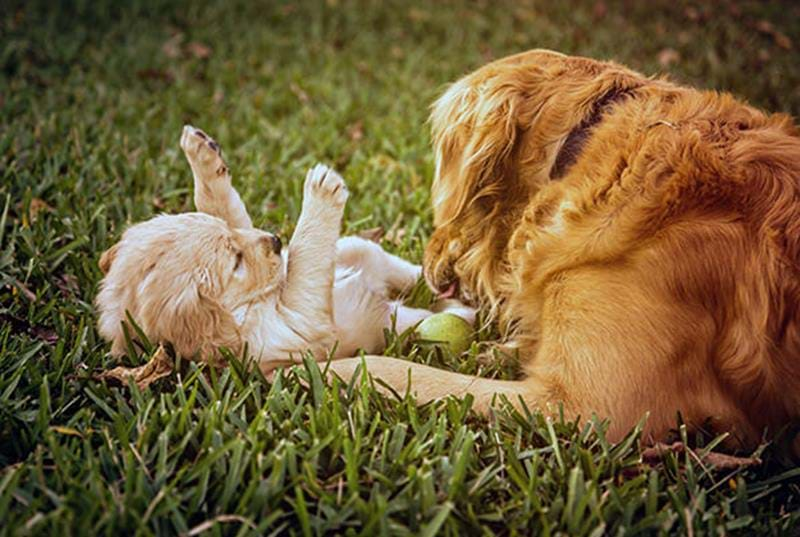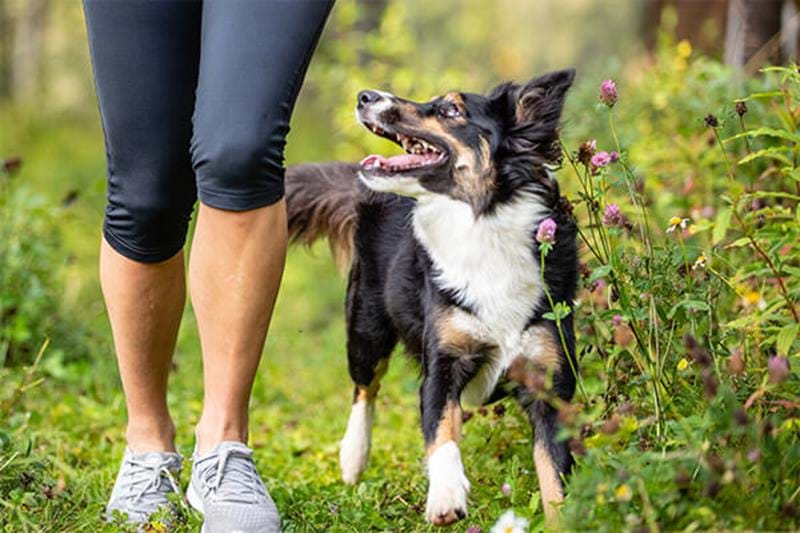That cute puppy grows up and suddenly changes into a troublesome teenage dog who doesn’t listen to you. The best way to deal with a dog that has entered what is usually called the defiant age or the naughty age is to understand that the dog is not an adult yet and continue to build on the relationship you have already established. Tips for your dog’s teenage years.
STAY HAPPY DURING THIS DIFFICULT PERIOD
You’ll notice when your dog goes through it’s adolescence when the dog suddenly seems to stop listening to you. Many dog owners end up in a negative spiral where irritation and barking become part of everyday life. It’s important to stop and rethink. Irritation and shouting isn’t beneficial to you or the dog as they undergo adolescence. Instead think about how your dog perceives you. Are you fun to be with? What can you do to be more interesting than whatever your dog has noticed? Focus more on what you want the dog to do and less on what you don’t want it to do. Try to keep the joy in the relationship with your dog, even when you are dealing with a troublesome teenage pet. Adolescence isn’t easy for you or your dog. But with joy and fun activities it’ll be easier to get through it. Make walks a fun hide-and-seek game, balance on a wall instead of walking on the footpath and shower the dog with praise when it does the right thing. It may not work every time, but with patience the dog eventually learns that the fun happens with you and all distractions become less interesting. Read more
- Are you looking for a new activity? Find courses for you and your dog
- Sudden fear? Read more about dog fear periods
ADOLESCENCE- REMEMBER YOUR DOG ISN’T AN ADULT
The adolescent dog often struggles with the same challenges as a human teenager. During the dog’s adolescence, the brain is not fully developed and hormones are coursing through their body. When your dog seems to ignore you, it is important to remember that just because the dog no longer looks like a puppy, it is not an adult either. You can’t have too high expectations during adolescence or expect your dog to understand all your commands. The dog simply needs some time to find their self and their place in the world. Further reading







